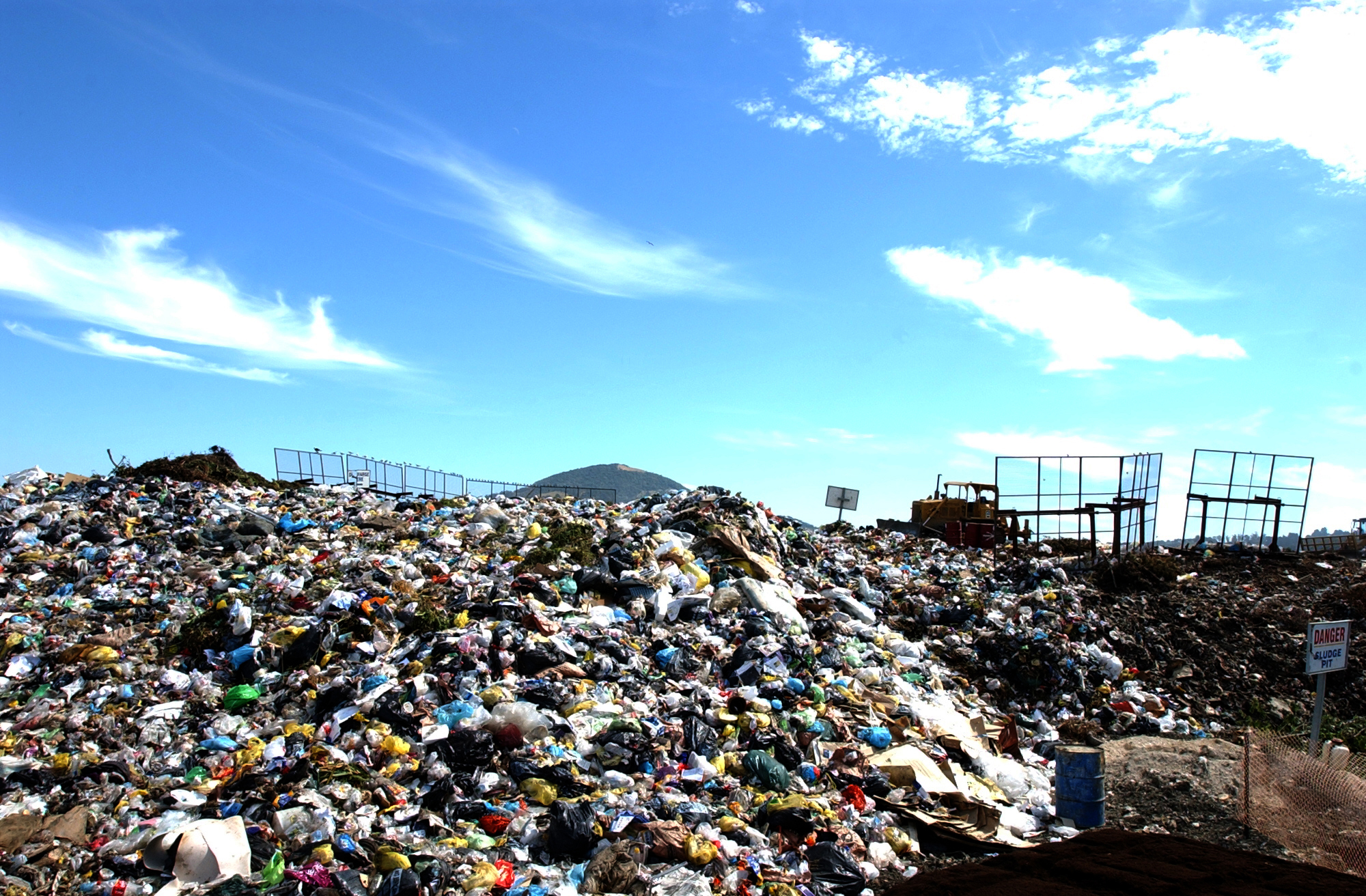Top Stories
Landfill Waste Declines, Yet Households Must Improve Recycling Efforts

A recent report reveals a significant decrease in landfill waste, dropping from 4.7 million tonnes in 2023 to 3.7 million tonnes in 2024. Despite this positive trend, experts caution that households have not made substantial improvements in their waste management practices. The Waste & Recycling Industry Association (WRIA) highlighted these findings in its 2024 Waste & Recycling Snapshot.
Barney Irvine, a spokesperson for WRIA, expressed reservations about the overall progress. He noted that while landfill waste is declining, there has been a troubling increase in household waste generation, rising by 53,000 tonnes or approximately 7%. “That seems positive at face value,” Irvine stated, “but behind the numbers, we haven’t seen a meaningful change in behaviour when it comes to waste minimisation and recycling.”
The report indicates that consumption of food and beverage products, along with their packaging, remains robust even as economic conditions tighten. Households are not reducing their consumption but are instead gravitating toward more affordable packaging options. For instance, there has been a notable shift from bottled drinks to alternatives in less premium materials like cans and plastics.
In terms of recycling, the numbers tell a mixed story. Glass recycling volumes fell by 14%, while plastics and tin/aluminium recycling surged by 13% and 46% respectively. This shift reflects changing consumer preferences, but overall, the decline in glass recycling raises concerns about long-term sustainability.
The substantial drop in landfill waste is largely attributed to the commercial and industrial sectors, which experienced a 23% reduction in waste collected. Irvine explained that this decline is primarily linked to a slowdown in the economy, particularly in the construction and building sectors, which are known for generating significant waste.
While the current reduction in waste volumes is noteworthy, Irvine warned that it should not lead to complacency among the public and policymakers. “Now’s not the time for anyone to think that it’s a case of job done,” he cautioned. As economic recovery begins, waste levels are likely to rise again, making it imperative for governments to seize this opportunity to advance key policies.
Irvine urged policymakers to take advantage of the current lull in demand to strengthen the foundations of a more resilient and dynamic waste and recycling system. “We need to lay the groundwork for sustainable practices that can endure future economic fluctuations,” he concluded.
In summary, while the reduction in landfill waste presents a positive development, the increase in household waste and the decline in certain recycling streams highlight the need for greater public commitment to sustainable waste management practices. The path forward requires both immediate action and long-term strategies to ensure a healthier environment and effective recycling systems.
-

 World1 week ago
World1 week agoTest Your Knowledge: Take the Herald’s Afternoon Quiz Today
-

 Sports1 week ago
Sports1 week agoPM Faces Backlash from Fans During Netball Trophy Ceremony
-

 Lifestyle1 week ago
Lifestyle1 week agoDunedin Designers Win Top Award at Hokonui Fashion Event
-

 Sports1 week ago
Sports1 week agoLiam Lawson Launches New Era for Racing Bulls with Strong Start
-

 Lifestyle1 week ago
Lifestyle1 week agoDisney Fan Reveals Dress Code Tips for Park Visitors
-

 Politics1 week ago
Politics1 week agoScots Rally with Humor and Music to Protest Trump’s Visit
-

 Health1 week ago
Health1 week agoWalking Faster Offers Major Health Benefits for Older Adults
-

 World2 weeks ago
World2 weeks agoCoalition Forms to Preserve Māori Wards in Hawke’s Bay
-

 Top Stories2 weeks ago
Top Stories2 weeks agoUK and India Finalize Trade Deal to Boost Economic Ties
-

 World2 weeks ago
World2 weeks agoFonterra’s Miles Hurrell Discusses Butter Prices with Minister Willis
-

 World2 weeks ago
World2 weeks agoHuntly Begins Water Pipe Flushing to Resolve Brown Water Issue
-

 Politics2 weeks ago
Politics2 weeks agoPrime Minister Luxon Remains Silent on Foreign Buyers Policy Change









